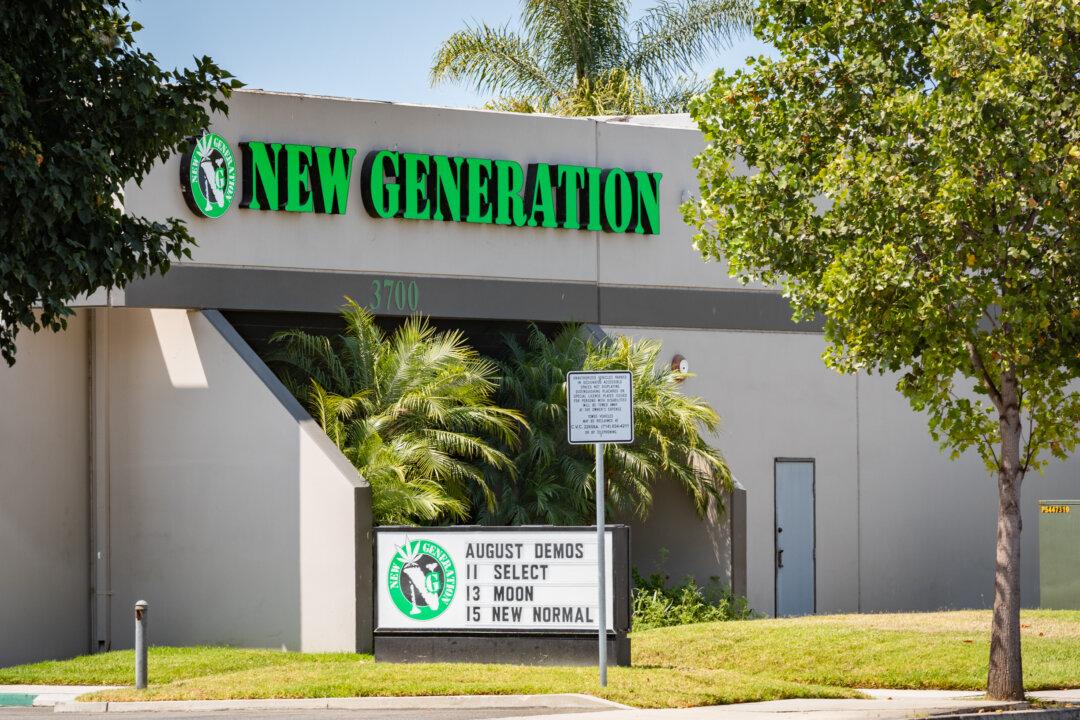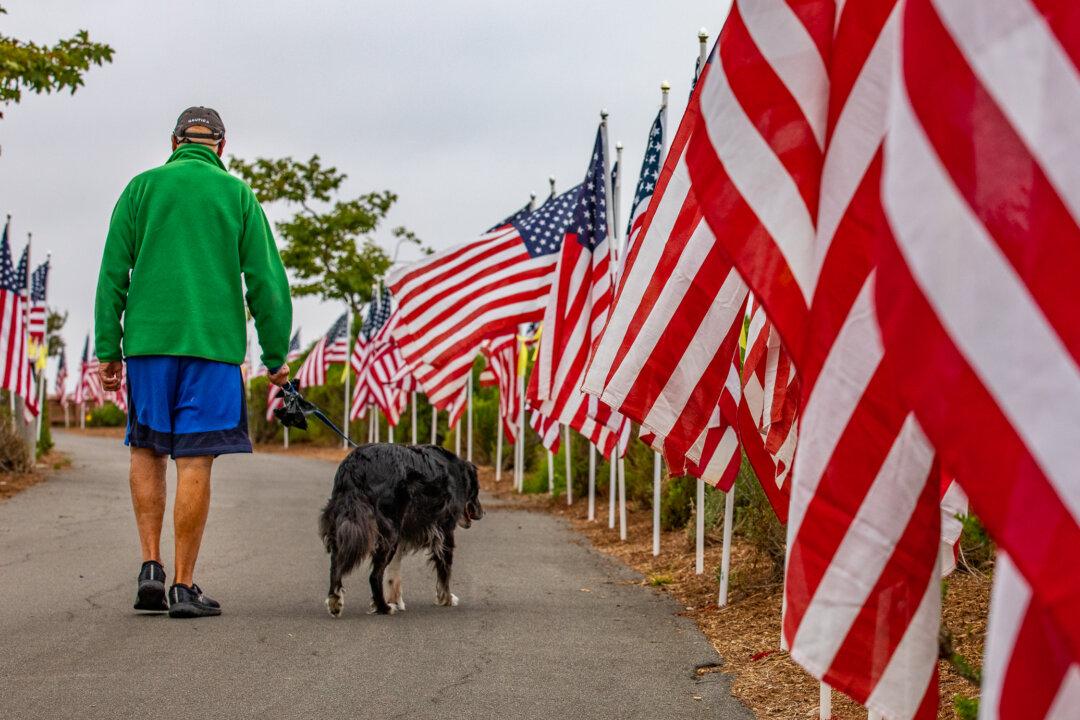Costa Mesa could soon have more than 70 cannabis dispensaries, despite only having about 20 pharmacies and drug stores, according to a city document.
Costa Mesa currently has no legal cannabis dispensaries, according to the city’s spokesperson, Tony Dodero.





